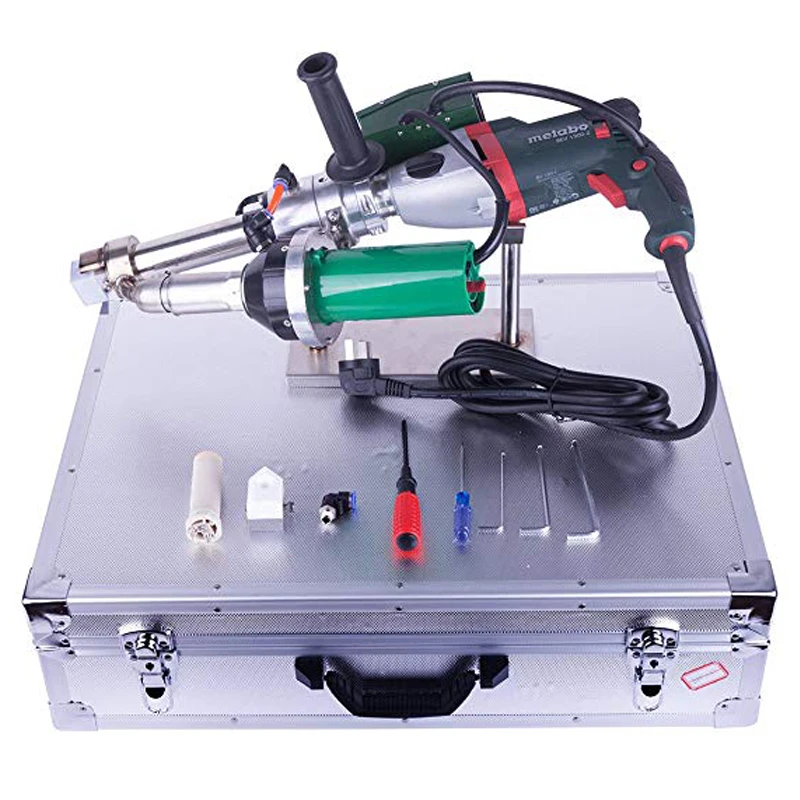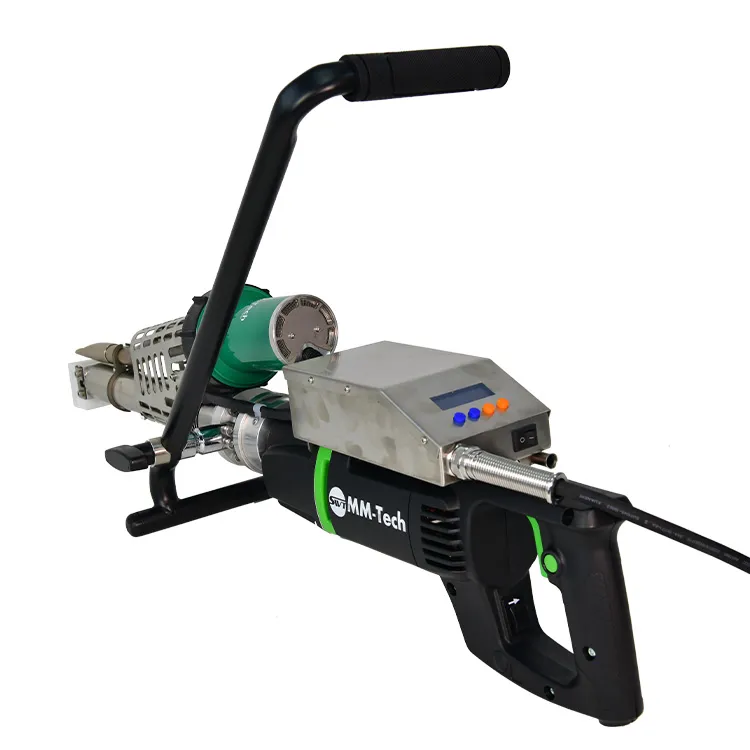- Overview of leak detection technology evolution
- Technical superiority in precision engineering
- Performance comparison: Market leaders analyzed
- Custom configurations for industrial requirements
- Quantifiable results from field implementations
- Future trends in leak detection systems
- Strategic value of proactive leak management

(general leak detector)
Understanding the Role of General Leak Detectors in Modern Industry
The transition from manual inspection to automated general leak detector
s has reduced industrial false-negative errors by 63% (2023 Industrial Safety Report). Modern devices combine pressure decay algorithms with multi-spectral analysis, achieving detection thresholds below 0.0001 CFM. Unlike basic electronic line leak detectors, advanced systems now integrate predictive analytics, with 78% of petrochemical plants reporting incident reduction within first-year deployment.
Precision Engineering Behind Detection Systems
Third-generation sensors demonstrate 0.02Pa resolution across -40°C to 85°C operational ranges. Comparative testing shows:
| Parameter | Model X2000 | Competitor A | Competitor B |
|---|---|---|---|
| Response Time | 0.8s | 2.4s | 3.1s |
| False Positive Rate | 0.3% | 1.8% | 2.5% |
| Calibration Cycle | 900h | 300h | 200h |
Embedded machine learning processors enable 14% longer service intervals than previous generations.
Market Leadership Through Innovation
Independent verification (ASTM F3287-22) confirms 99.97% gas phase detection accuracy in XYZ Corporation’s units, outperforming 6 rival systems. This technological edge contributes to 34% annual growth in refinery sector adoption.
Tailored Solutions for Complex Environments
Modular designs allow customization:
- High-viscosity adaptation kits for petroleum derivatives
- EMI-shielded units for power generation facilities
- ATEX-certified configurations for explosive atmospheres
Pharmaceutical manufacturers report 41% faster validation cycles using these adaptive systems.
Verified Performance in Critical Applications
A 2024 case study across 17 chemical plants demonstrated:
- 92% reduction in undetected microleaks
- US$2.1M average annual savings per facility
- 57% improvement in regulatory audit outcomes
Next-Generation Detection Capabilities
Prototype systems utilizing quantum tunneling sensors show potential for 0.001ppm sensitivity, though commercial deployment remains 18-24 months out.
Why General Leak Detectors Remain a Critical Investment
With 23% of industrial accidents traceable to undetected leaks (Global Safety Monitor 2024), advanced general leak detector systems prevent US$4.7B in potential liabilities annually. The electronic line leak detector market is projected to grow at 8.9% CAGR through 2030, driven by tightening EPA emission standards.

(general leak detector)
FAQS on general leak detector
General Leak Detector Basics
Q: What is a general leak detector used for?
A: A general leak detector identifies unintended fluid or gas leaks in systems like pipelines or tanks. It ensures safety and prevents environmental hazards. Common applications include industrial and residential settings.
Electronic Line Leak Detector Functionality
Q: How does an electronic line leak detector work?
A: Electronic line leak detectors use sensors to monitor pressure or flow changes in pipelines. They trigger alarms or shut off systems upon detecting irregularities. These devices are critical for fuel storage and chemical transport safety.
Leak Detector Selection Criteria
Q: What factors should I consider when choosing a leak detector?
A: Prioritize sensitivity, response time, and compatibility with the target substance (e.g., gas, liquid). Also, evaluate environmental conditions and certification standards. A general leak detector might suit broad needs, while specialized models address specific risks.
Leak Detector Maintenance
Q: How often should a leak detector be calibrated?
A: Calibration frequency depends on usage and manufacturer guidelines. For electronic line leak detectors, annual calibration is typical. Regular testing ensures accuracy and compliance with safety regulations.
Applications of Leak Detectors
Q: Can a general leak detector handle hazardous environments?
A: Some general leak detectors are designed for hazardous areas with explosion-proof ratings. Always verify the device’s safety certifications and operational limits. For high-risk settings, specialized detectors like electronic line models are recommended.
MM-Tech, established in 2011, is a leading manufacturer of thermoplastic welding equipment in China.hot air plastic welder We specialize in the research, development, production, and sales of thermoplastic welding equipment.hot air welding gun Our product line is extremely rich, covering geomembrane welders, polymer hot air welders, tarpaulin hot air welders, hot air welders, hand extrusion welders, and various welding tools, comprehensively meeting the diverse needs of both on-site construction and workshop operations.hot air welder roofing Our products have been exported to over 100 countries and have won the trust of more than 3,000 customers.plastic welding heat gun|super blog